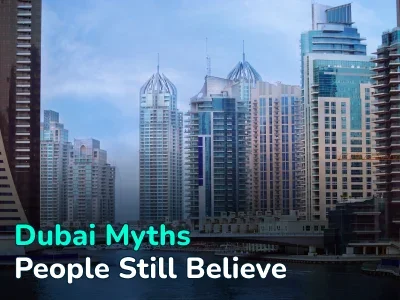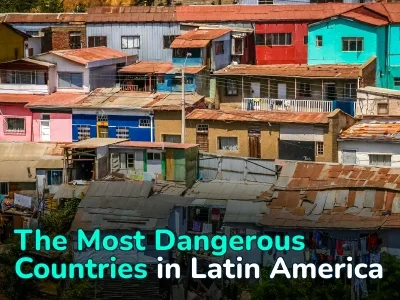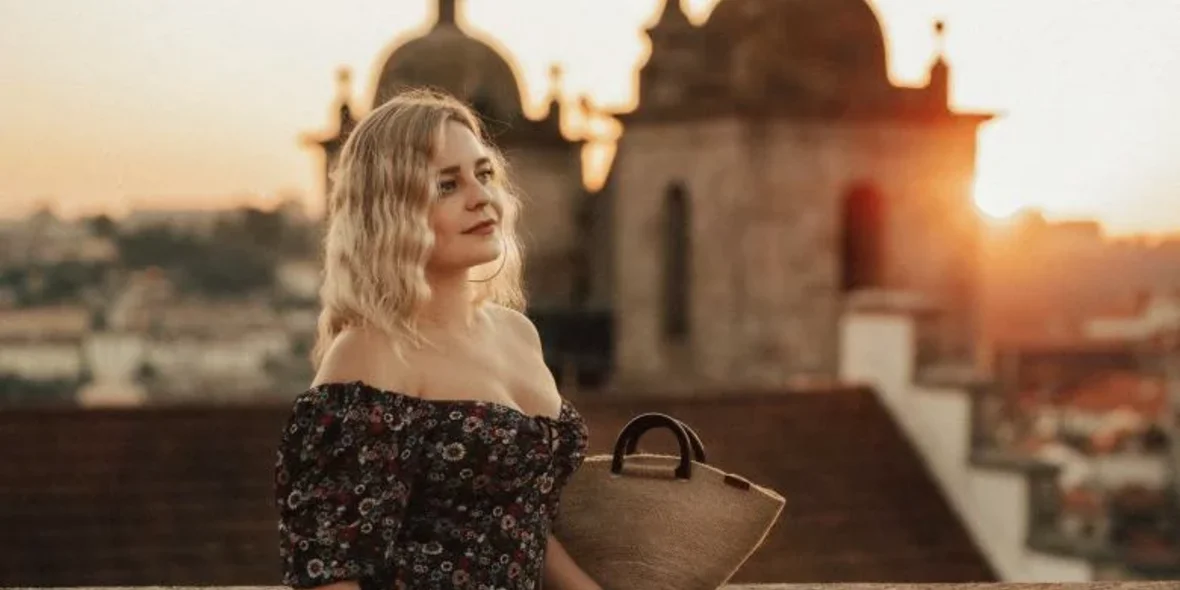
“Our monthly expenses per family are around €2000, but that doesn't include rent.” Personal experience: how to move to Portugal and get a residence permit
What are the ways to move to Portugal legally and get a residence permit? How much does it cost to buy and rent property in the country? What is it like to live in Portugal, and what will you have to get used to after the relocation? The valuable first-hand information is below.
“Waiting for a residence permit can take from 2 to 2.5 years.”
Yana told us about the move, the peculiarities of life in Portugal, and the Portuguese’s attitude to life.
— I am from Russia, from the city of Voronezh. I am 31 years old. I work as an HR specialist for an IT company. My husband, son, and I moved to Portugal in December 2021. We live in the beautiful city of Porto.
We have been in love with Europe for years and wanted to move there. Originally, we considered Spain, but there are a lot of nuances in terms of legalization there. So we turned our attention to Portugal—it's easy enough to stay here permanently.
Years of planning and dreaming aside, the entire process of our move took 3 months. During this time, we had a consultation with migration specialists, sold the property, gave away things, apostilled and translated all documents, got a visa under pandemic conditions, and, moved.
For all the preparations (documents, moving things, visas, tickets, hotels, and housing for the first time while we were looking for an apartment), we spent about $6.5 thousand.


— The easiest way to move to Portugal is to get a Schengen visa for any EU country and use it to enter. That's what we did. According to Schengen laws, you can stay in Portugal as a tourist for 90 days in a half year based on a tourist/business visa or a visa-free agreement (ed.).
Note that you cannot leave Portugal once the legal period of stay indicated on your visa has expired. However, you can travel around the country (including the islands). You are in the country based on manifestação de interesse (expression of interest in obtaining a residence permit).
It is also possible to move with simplified types of visas for highly skilled professionals. And you can also get visas D2 (for entrepreneurs) and D7 (for those receiving passive income) in the country of your citizenship and then get a residence permit in Portugal. The new digital nomad visa is a great option to live and work in Portugal for freelancers and remote workers (ed.).
Another option is to find a job at a Portuguese company or open a sole proprietorship. Then, based on this, you can apply for a residence permit. In October 2022 Portugal launched a new visa to find a job—read more here (ed.).
For example, here is a set of documents that can be used to apply for a residence permit in Portugal under articles 88.2 and 89.2 (for self-employment or work):
- The most important thing is the NIF. This is a local tax number, to which all life is tied. They even ask for it when buying bread at the store.
- Translation of documents, apostille for all certificates (marriage/birth), and higher education diplomas.
- NISS - social number.
- Rental contract for at least one year, run through the tax office.
- Work contract/paperwork to open a sole proprietorship.
But all is not so serene. Because of the pandemic, there are long lines at the immigration office. As a consequence, waiting for a residence permit can take from 2 to 2.5 years.



Note. Other grounds for obtaining a residence permit in Portugal include studies, a permanent residence permit in another EU country, family reunification, marriage to a Portuguese citizen, and investments under the Golden Visa program (but this program may be closed soon). Details about legalization options and the procedure itself can be found on the website of the Portuguese Immigration and Border Service (SEF).
To maintain residency status, you must live in Portugal for 183 days a year; for investors, it is enough to live for 7 days. A year after receiving a residence permit card, it can be renewed for another two years. After 5 years of living in Portugal, you can get a permanent residence permit or citizenship. Unlike the temporary residence permit, the permanent residence permit is issued indefinitely.
Temporary residence permits and permanent residence permits provide the same rights: to live in Portugal, enter the country during the closed borders, work in private companies, and conduct business; free education of children in public kindergartens, schools, and universities; use of free medical services; and travel visa-free in the Schengen countries.
When you receive citizenship, you will have some other opportunities: you can travel without a visa to 188 countries of the world; live, work and learn in any EU country without a time limit; participate in elections; receive pensions and social benefits.
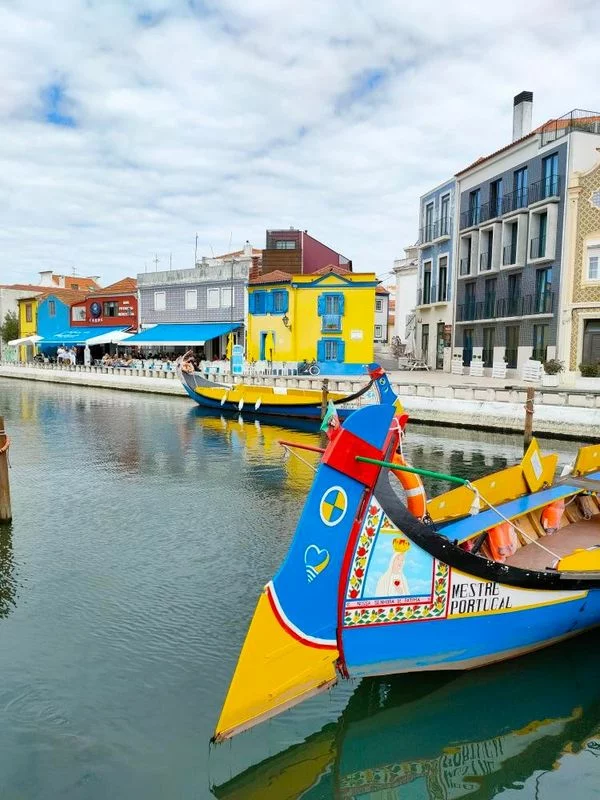
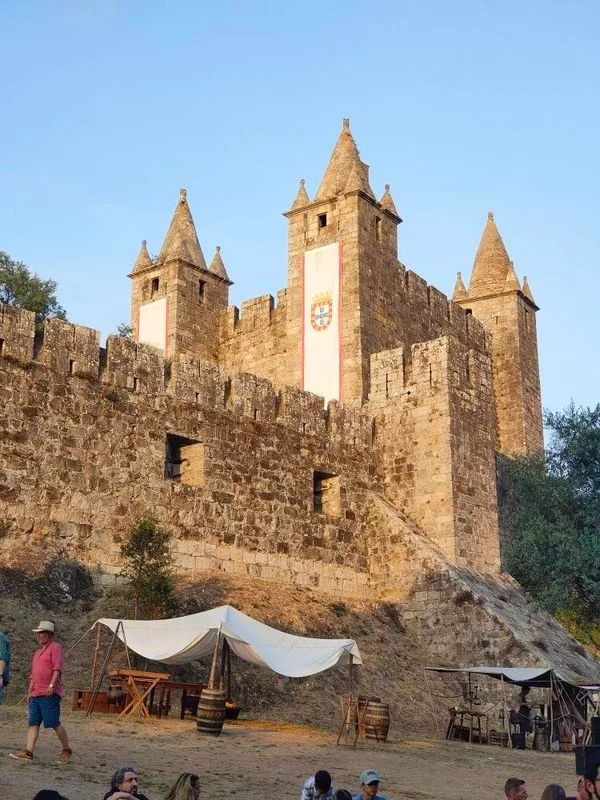
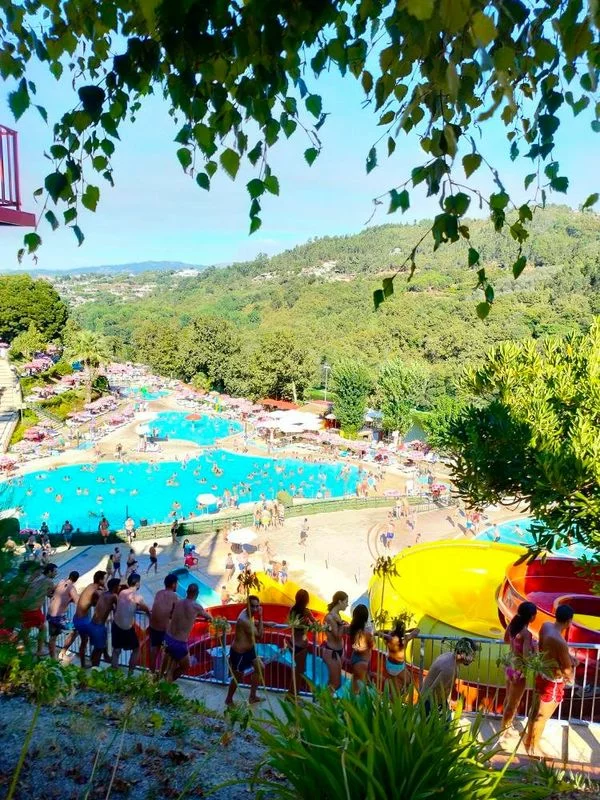
“The majority of the time, rent in Portugal is now requested upfront for a year's worth.”
— In light of recent events, the flow of visitors to Portugal has increased significantly, which is reflected in the real estate market.
You can buy or rent an apartment for any price; the range of prices is very wide and depends on your needs. I must say that it is very difficult to rent a good apartment for less than €850 per month. Additionally, people are now being asked to pay rent all at once for a year in advance if there is no local guarantor with a confirmed local income and tax return. If you don't have that amount right away, it makes the search more difficult. But nothing is impossible. I know of cases where people have been able to find good housing on affordable terms through Facebook groups.
Note. According to the service Numbeo, you can buy an apartment in Portugal (90 square meters) in the range of €180,000-270,000.
— As for the total cost of living, I will say this: a family of three people, excluding rent, can live perfectly well at €1500-2000. This amount includes utilities, gasoline (or public transport), food, wine (what can you do without it in Portugal? ), some related purchases (like clothes), and periodic trips to cafés. You can spend less or more. The minimum wage in Portugal is €750.
Note. Average prices for food in a supermarket are as follows:
- Milk—€0.79
- 1 kg. rice—€1.11
- 1 kg chicken filet—€5.86
- 1 kg apples—€1.70.
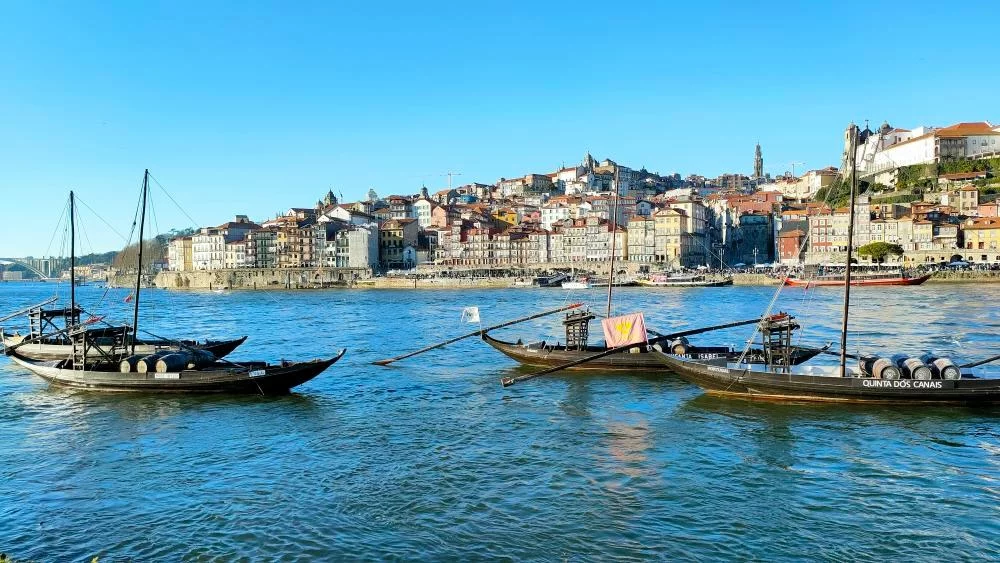
— To domestic nuances. Foreigners in Portugal can take advantage of the preferential taxation system known as NHR (Non-Habitual Resident)—it fixes a tax percentage for 10 years. Regarding local companies, it is said that each employee is quite expensive in taxes.
Children from the age of 4 can be enrolled in free school (pré escolar), and from the age of 6, they go to elementary school. In Portugal, education for children is both compulsory and free. It is true even for foreigners. It is also possible to get an Utente number (AMF) for a child at the nearest hospital and go to the doctor for free.
We, fortunately, have not encountered medicine. But I read a lot that you can wait for weeks to see a doctor for free unless it's an emergency. So we took out paid insurance—it costs about €50/month for an adult.
Bank accounts are opened for foreigners, but with a squeak, and not all banks provide them. You have to be prepared to wait.

“The Portuguese, on the whole, have a benevolent attitude toward life.”
— I honestly like everything about Portugal. It's very beautiful here. Incredible nature and something is in bloom all the time. Here, you meet beautiful people to learn from in terms of measuredness. The ocean. Parks for every taste. Quality products. Wine at €3. I love walking in the city. Porto has so much detail that you'll never get enough of it.
Many people don't like the slowness here. We're used to running and counting on the fact that you can get anything in five minutes. It is harder to find coffee shops at every turn; couriers who call in advance, not when they are already on the doorstep; and there is no automation of the usual processes either.
The Portuguese are friendly; they will help if needed; they are very calm if you don't know their language—no problem, they will talk to you with the help of a translator; they even praise you for knowing 10 elementary phrases from a textbook. They, in general, have a benevolent attitude toward life. And that's probably why there aren't a lot of things we're used to.
Tips for those who want to move. Enjoy what's around. Learn to slow down: drink espresso after your meal and smile at people. Remember that 80% of the cafés won't feed you from 15 to 19; that a stranger might rub your kid's cheek and stroke his head—that's the norm here. Also, the ocean here is always cold, and without sunscreen, it's better not to go out of the house—at any time of year.
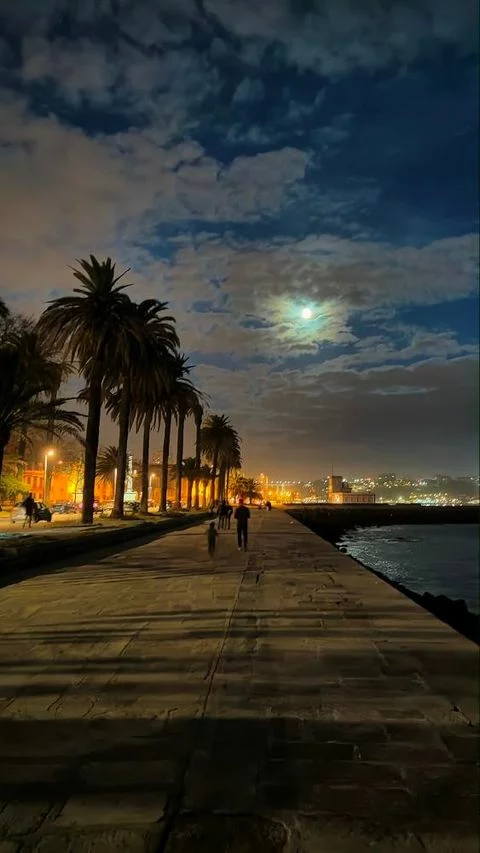
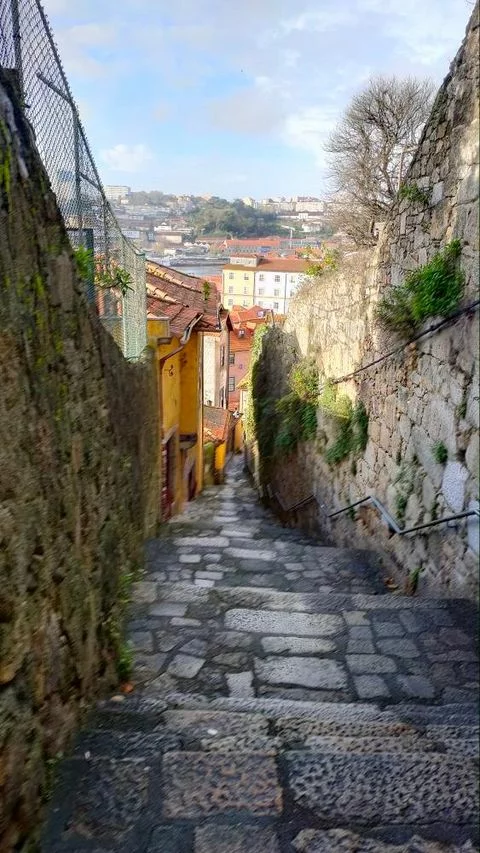

Do you want to share your personal experience of relocating and living in another country? Email us at info@realting.com. We will be happy to tell your story.
Author
I am responsible for editorial work. I write expert interviews and guides.















